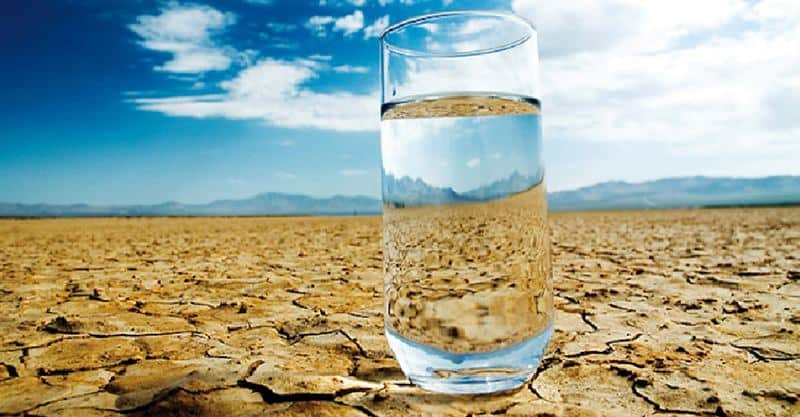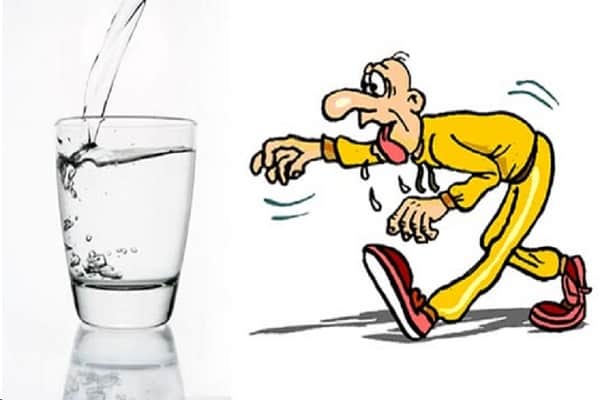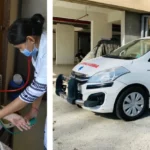Caring for the elderly: Preventing dehydration
Dehydration doesn’t show signs of need for care until it is severe and it has aggravated to motion problems or vomiting. Specially after lots of rain and floods next thing is Diarrhea, Nausea and vomiting. In developing country like India many people gets diarrhea 3-4 times a year. Diarrhea caused by either food poisoning, intestines diseases or virus which effects on gut.
Especially losing weight and fatigue are simple early signs, yet you might be avoiding it which can be a clear indication that you are having a body that is dehydrated.
Even before it worsens, your breath, skin, and even muscles can give an indication of dehydrated one is feeling.
Bad breath is a good sign of indigestion due to dehydration.
Skin can also tell you about percentage of water in your body. If you take the pinch test, you can also check for dehydration. With two fingers, hold like you pinch the skin between the wrist watch area and fingers. If the skin immediately sits down its good, if it doesn’t, it is a sign of dehydration.
Muscle cramps occur because of dehydration. Legs, feet, especially calf muscles pain and limbs pain due to dehydration.
Chills and feeling feverish are also signs of having a dehydration.
Your cravings of food, specifically sweet is an indication that you might need to drink more water or jazzed up fluids.
Headaches are a vital sign of checking with your water intake.
If the color of urine is yellow or chardonnay, it is also an indication of dehydration.
An adult senior male is expected to drink about 3 liters of water. An adult senior female is expected to drink 2.2 liters of water. This brings us to the question, how can we tackle by preventing dehydration?
- Keeping a water bottle beside:
Keeping a water bottle beside makes water a handy for easy intake. - Swapping snack bars with nutrition:
Junk like chips, pretzels and french fries are everyone’s favorite, be it old or new. You can swap this plates full of fat, calories with vitamins, minerals in form of fruits, veggies and light cereals. It better to choose the diet concerning your regular intake and what suits. Which also means Muesli makes it quite heavy and nuts can lead to indigestion. - Gulping down to flush it off:
Trying a light fruit fizz, a lemonade, or a hot or cold ice tea made of passion fruit, dried citric fruit or hot herbal or chamomile tea can heal the stomach immediately and offer a great relief. - Filling with the right serve:
Piling up lunch and brunch plates with fluid filled veggies like sweet gourds, bitter gourds, or fruits like melon is always beneficial. - Choosing the right temperature:
Drinking water of a room temperature or warm water or water boiled with pinch of cumin gives a soothing & healing effect to the body. - Drinking water twice in a day between meals and slowly sipping warm water in between meals yet pacing is advisable.
- Count your pegs, ops! Ounces:
Last but not the least, always have a record of how many glasses one has in a day. Say no to alcoholic drink that are non-diuretic.
Organization like Papaya care knows how to keep their residents safe from dehydration. Drinking more water before meals is also helpful as it lessens the impact of hunger and food intake.
#PapayaCare and the team of #PapayaCare says Cheers to all the glasses of water you will take henceforth!

















